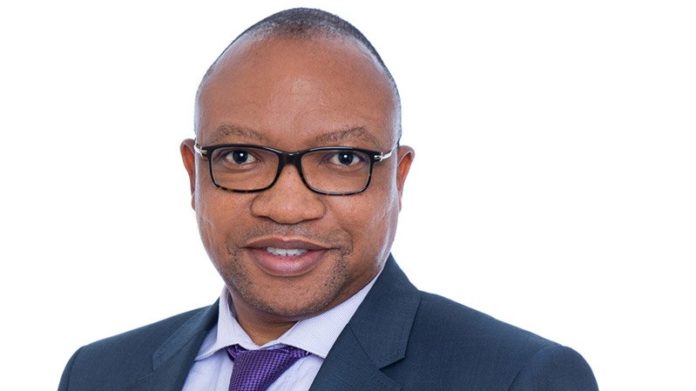
KALAGADI Manganese required hundreds of millions of rands in new investment, but it was unlikely to come from the Industrial Development Corporation (IDC), said the bank’s CEO, Tshokolo Nchocho in an interview today.
“Mining plans need to be redesigned so it can be optimal, but the exact capital requirement still needs to be determined. How much will it be? Not billions, but probably hundreds of millions of rands,” Nchocho said. “There is a low likelihood it will come from the IDC.”
The IDC has a 20% stake in Kalagadi Manganese to which it has leant about R3bn. A further R2.9bn is owed by the manganese producer to the African Development Bank (AfDB).
However, a court application brought by the IDC aimed at putting Kalagadi Manganese in business rescue claimed Kalagadi Manganese could neither repay, nor service either facility. The firm’s mine was operating at sub-standard levels, it said.
Kalagadi Manganese refutes these claims and expressed surprise at the application, saying it was in discussions with its lenders to restructure its debt. The High Court judged that the application was not urgent which will now be heard at a later date, currently undecided.
Nchocho said the intention was to “enhance management capacity at the executive level” at Kalagadi Manganese’s board level as well as improve the company’s governance structures. The IDC had two board seats on Kalagadi Manganese but they were vacant. Nchocho said there was reluctance to hold these positions whilst the company was in distress.
Kalagadi Manganese has its roots in the early 2000s when its current executive chairwoman, Daphne Mashile-Nkosi, scouted around for funds despite a zero-capital base. Her endeavours won her public recognition including the 2015 Africa Female Business Leader of the Year award at a function in New York.
It’s against this personal background that the Kalagadi’s failure strikes a chord in society; the IDC’s court application drew the ire of the ANC Youth League, for instance. The IDC has consequently felt the heat.
“Our strategic orientation is to support the economy by being a counter-cyclical investor, but we can only sustain this up to a point,” said Nchocho. Unusually for a state-owned enterprise, the bank is self-funding which is managed through its loans and the periodic partial redemptions of its investment portfolio.
“We called for a review of Kalagadi Manganese in a letter but this was unfortunately refused,” said Nchocho describing events last year that led to the court application.
One of the last straws was when Absa called on the IDC as guarantor to a Kalagadi Manganese loan. There were also a host of small but unpaid creditors, not to mention the senior debt held with the IDC and AfDB.
“Will they be able to meet these obligations in six months’ time? The answer is no,” said Nchocho. “There is no intention to close the business because we believe there is potential.”
Kalagadi Manganese operates in the Northern Cape province and employs just over 1,150 people.










